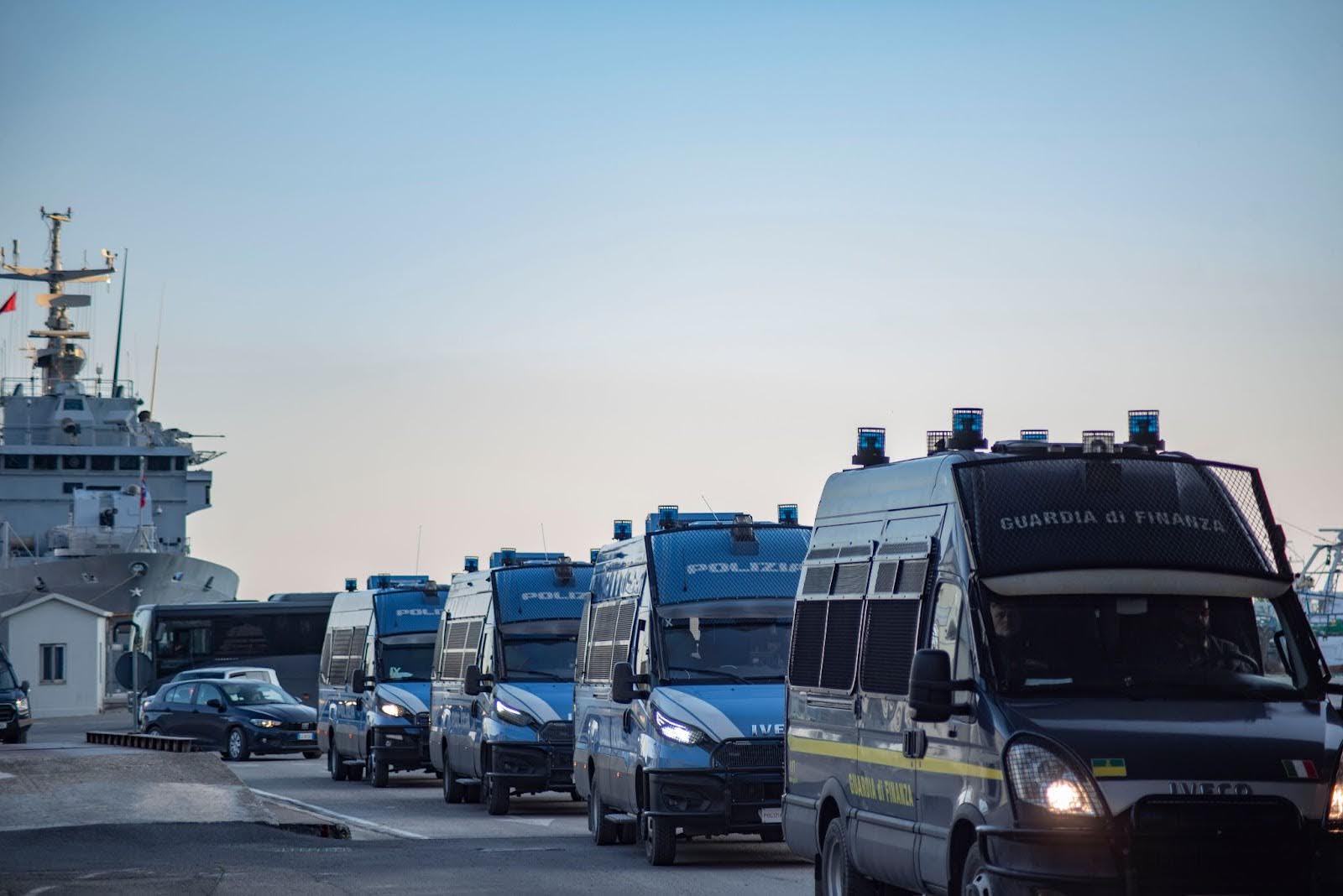Italy and Albania are conducting a controversial experiment in offshore asylum processing — and the world is watching.
The plan: intercept migrants bound for Italy in international waters and transfer them to Albanian territory, where they would likely face deportation without ever entering the European Union.
Part of Italian Prime Minister Giorgia Meloni’s mission to slash irregular migration, the scheme has been applauded by senior European Commission figures as other member states consider replicating it.
Launched in autumn 2023 and budgeted for five years, the project was presented as a model solution to one of the EU’s most divisive political issues. But costs have spiralled, with critics claiming the official €670 million budget drastically underestimates the true expense. Meanwhile, legal battles have left the camps empty for extended periods.
Meloni’s goal of processing 30,000 migrants a year in Albania — while cutting Italy’s migration bill — is increasingly seen as implausible. This investigation reveals that the centres risk becoming a costly PR stunt, with enormous burdens for Italian taxpayers.
The journalists behind the investigation obtained confidential legal files and eyewitness accounts detailing the severe physical and psychological suffering endured by four migrants — both during their journeys to Italy and inside the Albanian camps.
Some stopped by the Italian coastguard at sea went on hunger strike after learning they would be sent to Albania. In multiple cases, vulnerable individuals were mistakenly transferred despite having survived torture in Libyan prisons and near-death experiences during sea crossings. Italian courts eventually ordered their return — but only after prolonged and unnecessary trauma.
The journalists also obtained defence ministry documents revealing massive overspending. Construction costs for the camps more than doubled, justified by invoking a so-called “migration emergency” and citing military exemptions from transparency rules.
Per-bed expenses were 11 times higher than in a comparable Italian facility. To meet rushed summer deadlines, contractors paid inflated rates for labour. Tens of millions of euros went to an Albanian multinational with close ties to Prime Minister Edi Rama — prompting one Italian opposition politician to call the project “money for politicians” close to Rama.
The investigation uncovers deep flaws in Italy’s flagship migration policy. As offshore asylum schemes gain traction across Europe, this reporting raises a pressing question: What is the true financial and human cost?
